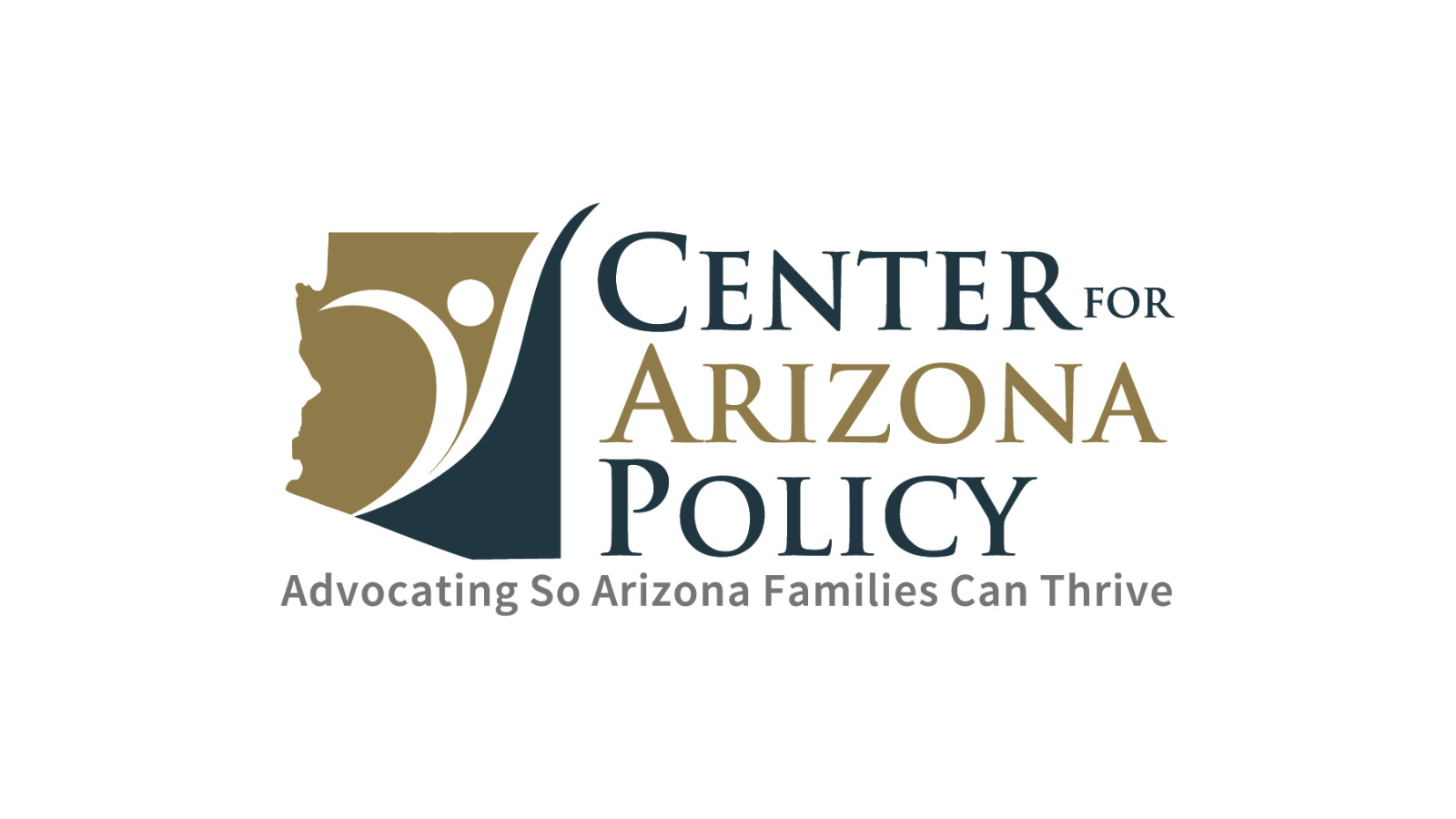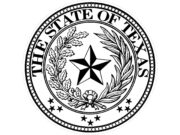Phoenix, AZ — Arizona’s Proposition 211 chills speech by imposing sweeping disclosure rules unlike anything seen before, covering more people, more speech, and a longer period of time than any of its predecessors.
Proposition 211 often captures speech by organizations unrelated to any election or campaign, forcing them to publicly identify contributors who donate more than $5,000. These rules deter many from donating due to fear of retaliation for their political views. Because Arizona’s state constitution “provides broader protections for free speech than the First Amendment,” the law impairs the right to “freely speak.”
That’s why the Institute for Free Speech filed a brief of amicus curiae before the Supreme Court of Arizona urging the court to deem the law unconstitutional and facially invalid.
Article II, Section 6 of Arizona’s state constitution guarantees its citizens the right to “freely speak, write, and publish,” but, as the Institute’s brief states, Proposition 211’s disclosure burdens are an undue and unconstitutional encumbrance on Arizonans’ ability to participate in discourse about government and its officials.
The Institute’s brief further urges the Arizona Supreme Court to avoid relying upon the federal tiers of scrutiny (specifically, the “exacting scrutiny” standard) when evaluating Prop 211’s constitutionality under state law. Rather, the court should apply the Arizona Constitution’s more stringent Speak Freely Clause—an analysis, says the brief, that the law clearly fails.
“Proposition 211 attaches onerous conditions on core political speech—the kind of speech that is vital to a functioning democracy. It in no way regulates abusive or even potentially abusive speech,” the Institute’s brief notes, pointing out that the permissible rationales for running afoul of the Speak Freely Clause remain decisively unsatisfied.
The Institute’s brief explains that, by contrast, the federal tiers of scrutiny “let judges decide how much of a burden on speech is too much, or what government interests are important enough to override the constitutional text.” The brief also argues that the question of whether Proposition 211 meaningfully enhances “electoral transparency” and if that outweighs the deterrent impact on political speech, is not one for the judiciary to decide.
To read the new Institute for Free Speech amicus brief, click here. To read the Institute’s previous brief petitioning for review in the Supreme Court of Arizona, click here. To read the Ninth Circuit amicus brief urging the Court of Appeals to reverse the district court’s decision on the First Amendment challenge to the law, click here. To visit our case page, click here.
About the Institute for Free Speech
The Institute for Free Speech promotes and defends the political speech rights to freely speak, assemble, publish, and petition the government guaranteed by the First Amendment.














